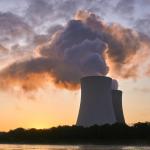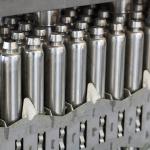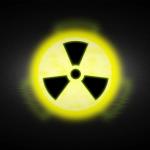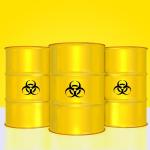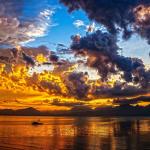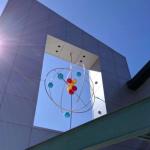Does our future lie with nuclear energy? While the standard narrative is to downplay its value and prioritize other renewables, there is an argument to be made for nucs – for lives saved.
Nuclear Energy
In the last half-century, commercial nuclear power plants have gone from large to huge to gargantuan – it’s not uncommon for a nuclear power station to contain multiple reactors that each produce over 1000 MW (megawatts) of electricity from corres
Air conditioning has made it possible for us to live year-round in some very hot and humid places. It has also made it possible to shut out outdoor air pollutants and fresh air in the time of COVID.
I spent a few years working at a uranium enrichment plant in the 1990s as a consultant – one of my first jobs was to review their annual environmental monitoring report.
While initially covered by CNN, it has subsequently been covered by the print media as well, including the
As a consultant, I oversaw the generation of tens of thousands of cubic feet of additional radioactive waste in a few environmental remediation projects.
Mountaintops have been pushed into neighboring valleys; rivers have been made unswimmable and unfishable to get at the coal seams beneath. The fallout from coal-fired power plants has made other lakes and ponds lifeless.
“In a legendary 1993 paper, Professor Joel Waldfogel suggested that holiday gift-giving provides less of an economic boost (to the individual and the GDP) than we expect. The reason is the recipient’s dissatisfaction.
The anti-nuclear crowd uses an assortment of scares to turn public opinion against the use of nuclear power, one of them being the risk of an accident when spent nuclear fuel is transported to where it is to be disposed of.


